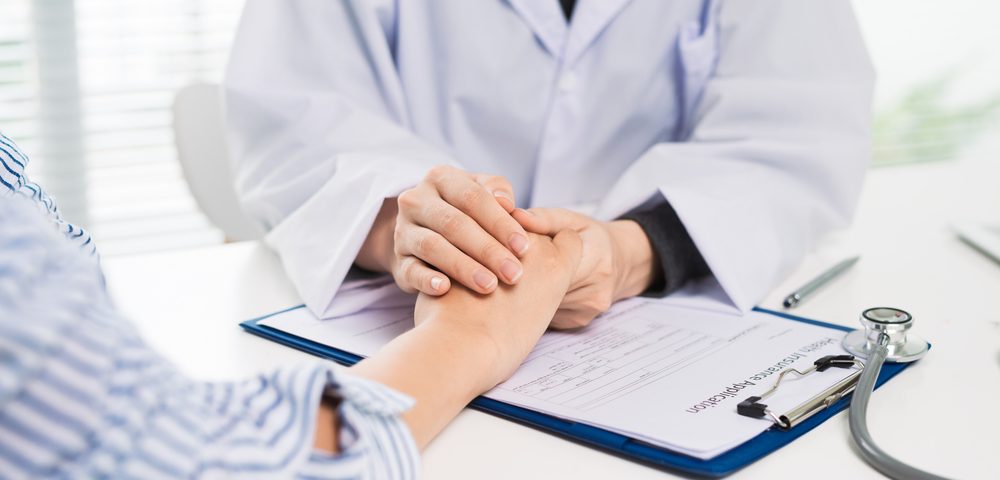Binding My Post-operation Mental Health Wounds
Written by |

Two weeks ago, I ended my column by discussing the cold I got during my Portugal vacation in summer 2017 when I was six or seven months post-operation. Let’s continue that story.
Many pharmacists and doctors in Portugal aren’t fully aware of Cushing’s disease, so I found it safest to stress-dose my hydrocortisone. I ended up feeling fine by the time I left, but it was incredibly difficult to get out of bed, go outside, or do anything. I once had H1N1 flu strain (remember swine flu?) and got stuck in bed for two weeks. That flu was definitely worse than what I had in Portugal, and yet I survived. So, I focused on remembering that, telling myself that everything would be fine.
The rest of 2017 wasn’t too bad. I stress-dosed when necessary, and visited the hospital once because I thought I was suffering from adrenal insufficiency. But really it was my body preparing for its period. Many women I’ve spoken to suffer from the same issues — fatigue, weakness, and shakiness — before each period.
Now, 2018 has been a very difficult year. From January until the end of July, I had severe stomach issues: irritable bowel syndrome and vomiting. I also had a lot of anxiety. These symptoms caused two trips to the hospital because I thought I was suffering from adrenal insufficiency. I was barely eating because I felt sick all the time. Only two medications made me feel better: Gravol (dimenhydrinate) for nausea and Ativan (lorazepam) for panic attacks. Nothing else worked.
I was so terrified that my Cushing’s was returning, but after a psychiatrist meeting in July, I was prescribed amitriptyline and perphenazine. My Cushie friend was on perphenazine and highly recommended it because she used to suffer from severe nausea and IBS like me. I decided to try it and, boy, am I happy that I did. My nausea and IBS symptoms diminished greatly the day after I first took these medications, and my anxiety and depression improved significantly within the week. The frequency of my panic attacks greatly diminished as well. Now I get only one or two here and there.
I had tried selective serotonin reuptake inhibitors (antidepressants), and they made me feel sick without helping my mental health. So, my new medications are lifesavers. This medication won’t work for all Cushies; consult your doctor or psychiatrist about this option.
I’ve realized my anxiety contributed to much of my past stomach sicknesses. Seek out the help you deserve for your mental health, and life will change drastically. It may take some time to figure out what you need to do for treatment, but you’ll find your balance and feel much better.
From July until now, December, I’ve been doing increasingly better and have panic attacks only once in a while. The great thing about my medications is that they’ve provided enough stability that even if I get a panic attack, I often can calm myself down more easily than in the past. I take Ativan only if the panic attacks are too severe and I’m shaking.
Long story short, recovery from Cushing’s takes a lot of time. I’ll be two years post-operation come Jan. 27, and I’m still learning new things about myself and overcoming struggles. Be extra patient with yourself, reach out to your doctors and loved ones, be honest about your struggles as they come, and don’t fear asking for help. It’s OK not to be strong all the time.
Until next week!
XOXO,
Catarina
***
Note: Cushing’s Disease News is strictly a news and information website about the disease. It does not provide medical advice, diagnosis, or treatment. This content is not intended to be a substitute for professional medical advice, diagnosis, or treatment. Always seek the advice of your physician or other qualified health provider with any questions you may have regarding a medical condition. Never disregard professional medical advice or delay in seeking it because of something you have read on this website. The opinions expressed in this column are not those of Cushing’s Disease News or its parent company, Bionews Services, and are intended to spark discussion about issues pertaining to Cushing’s disease.







Leave a comment
Fill in the required fields to post. Your email address will not be published.